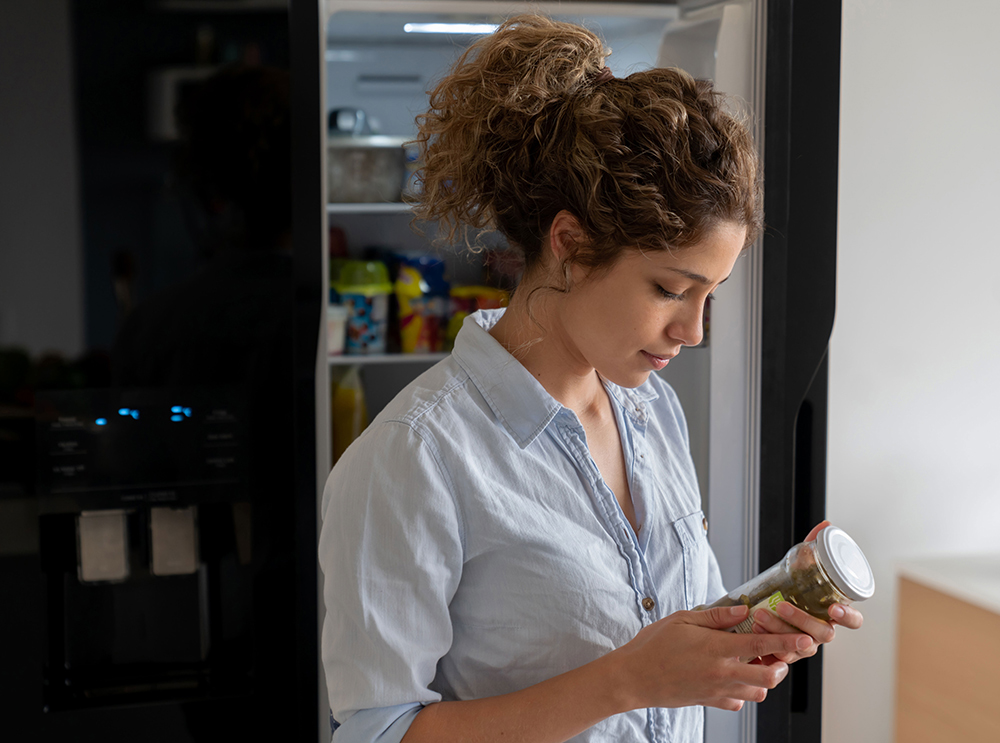
Hearing news about an FDA-regulated product recall can be scary, especially when it’s a food, drug, or animal health item that’s in your cupboard. This is especially true for parents, says pediatrician Sheena Whittaker, MD, who serves as vice president and senior physician executive at Northern Light Maine Coast Hospital in Ellsworth. “Your instinct might be to panic, but unless you’ve consumed or used the product and the symptoms are present and require emergent attention, it’s best to fully understand the recall and how it may—or may not—affect you.”
-
First, review the details of the recall and look at the packaging.
-
If the product you have doesn’t align with the recall, then you should be in the clear. However, several people practice extra caution and may feel inclined to throw it out just the same.
-
If the product matches the recall, dispose of it in a manner that is safe. Look at ways you can get rid of the item without putting others – humans or animals – at risk of finding it and consuming it from your garbage. Some companies will request you return the item so that they can properly dispose of it. If not, depending on what the item is, you can send it down the drain or flush it down the toilet.
-
It’s important that you read more and understand why the product has been recalled.
-
A lot of the symptoms that stem from food recalls will be obvious – vomiting or intense stomach pains, for example. Generally, these symptoms will resolve on their own.
-
Some recalls may not have symptoms right away, such as lead contamination. If possibly exposed, a blood test would be needed to determine blood levels, if any, and next steps.
-
Whether you experience symptoms or not, if the FDA-regulated product you consumed or used has been recalled, talk to your primary care provider (or veterinarian for your fur babies). For many of the issues that could stem from a recall, your PCP will have tests they can run or specialists they can refer you to and create a treatment plan. “Knowing what we’re looking for from the recall, we can perform bloodwork to determine whether the product has or will have any serious effect on your health, and how to best treat those issues,” says Dr. Whittaker.
-
The best way to avoid food recalls, is to avoid overly processed food as best you can. “Generally speaking, we see fewer recalls of whole foods,” says Dr. Whittaker. “While it’s not always practical, look at ways you can replace some of those more processed foods with real produce. Be sure to clean and store all foods appropriately (keeping hot foods hot and cold foods cold). Not only is it healthier, but as long as the food hasn’t gone bad, there’s far less risk when consuming it.”
For more on FDA recalls, visit www.fda.gov.